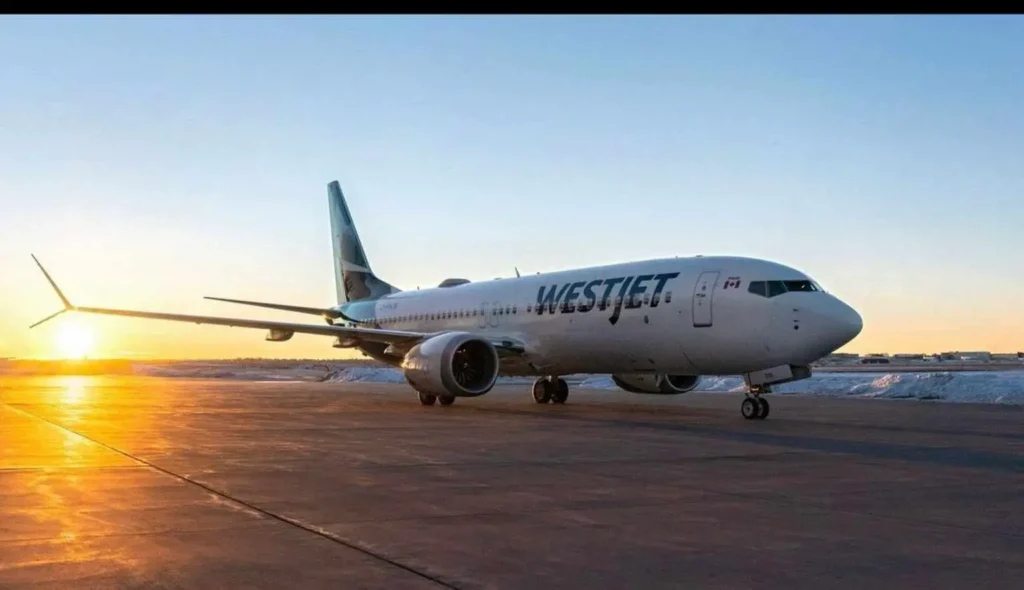Download the complete Ground School syllabus as PDF: Professonal Flight Centre Ground School Syllabus ![]()
1. Airframes and Engines
- Parts of an airplane
- Fuselage construction
- Wing construction
- Construction materials
- Load and Load Factors
- Rigging & Controls
- Propulsion System
- Fuel System
- Hydraulic System
- Undercarriage System
- Heat & Vent Systems
- Aircraft Records
- FTGU pp 8-18
2. Engines I – Systems
- Types of Powerplants
- Classification of Piston Engines
- Basic Engine Components & Operation
- Sequence of Engine Strokes
- Timing
- Jet Engines
- Turbo-Prop Engines
- FTGU pp 51-56
3. Engines II – Fuel Systems
- Fuel and Fuel Systems
- Carburetor Construction and Operation
- Leaning Mixture at Cruise
- Carburetor Ice
- Carburetor Heat
- Turbocharging
- Fuel Injection
- FTGU pp 54-63
4. Engines III – Other Systems
- Lubrication Systems
- Ignition Systems
- Electrical Systems
- Vacuum Systems
- FTGU pp 57-59, 69-72
5. Flight Instruments
- Pitot Static:
- Airspeed Indicator
- Altimeter
- Vertical Speed Indicator
- Gyroscopic:
- Attitude Indicator
- Heading Indicator
- Turn Coordinator
- Magnetic Compass
- FTGU pp 39-50; AIM AGA, RAC, AIR
6. Aerodynamics and Theory of Flight
- Forces acting on an aircraft in flight
- Theory of Lift
- Theory of Drag
- Generation of Thrust
- Basic Propeller Theory
- Design of the Wing
- Axes of the Aircraft
- Stability
- Longitudinal
- Lateral
- Directional
- Flight Performance
- Asymmetric Thrust
- Precession
- Slipstream
- Climbing
- Gliding
- Turns
- Stalls
- Spins
- Spiral Dives
- FTGU pp 21-39
7. Flight Operations I – Airport Operations
- Safety Hints
- Standard Circuit
- Uncontrolled Airport Procedures
- Controlled Airport Procedures
- VFR Terminal Procedure Charts
- VFR Terminal Area Charts
- VTA Special Procedures
- Other Special Procedures:
- Wake Turbulence
- Jet Blast
- Taxiing
- AIM RAC 4, CFS Facility Charts, VTA, FTM pp 101-103
8. Flight Ops II – Flight Plans & Flight Itineraries
- Requirements
- Flight Plans
- Flight Itineraries
- Filing, Opening & Closing a Flight Plan
- Search & Rescue (SAR) Alerting
- CASARA
- Using the ICAO Flight Plan Form
- Special Considerations
- AIM RAC 3.15-3.16, SAR 1.0-2.0
9. Flight Ops III – AeroMedicine & Human Factors
- Hypoxia / Hyperventilation
- Nutrition
- Alcohol / Drugs / Medications
- Environmental Factors
- Sensory Sources & Sensory Illusions
- Decompression Effects
- Trapped Gases
- G-Loc
- Fatigue
- FTGU pp 303-314, AIM AIR 3.1-3.18, TP12863
10. Canadian Air Regulations I – Licensing Requirements
- Licenses & Permits
- Ratings
- Licensing Standards
- Medical Standards
- Currency Requirements
- AIM LRA 1.0
11. Canadian Air Regulations II – Canadian Airspace
- Domestic Airspace
- Structure of Airspace
- Classification of Airspace
- FTGU pp 99-106, AIM RAC 2
12. Canadian Air Regulations III – Rules & Regulations
- Crosswind Limitations
- Aeronautical Information Manual (AIM)
- NOTAMs
- Canadian Flight Supplement (CFS)
- Water Aerodrome Supplement (WAS)
- Canadian Air Regulations (CARs)
- Required Documents
- Emergencies
- AIM, CFS, WAS, CARS Parts IV, VI
13. Meteorology I – Basic Meteorology
- The Atmosphere
- ICAO Standard Atmosphere
- Clouds
- Pressure
- Wind
- NavCanada Website
- Weather Services
- METAR
- FTGU pp 123-134, AWWS
14. Meteorology II – Basic Weather Theory
- Moisture & Temperature
- Stability
- Air Masses
- Fronts
- Wx @ Fronts
- Wx Products:
- TAF/GFA/Charts
- FTGU pp 135-145, AWWS
15. Meteorology III – Active Weather
- Cloud Formation
- Lifting process
- Precipitation
- Fog
- Visibility
- Thunderstorms
- Icing
- AIRMET/SIGMET/
PIREP/FD - FTGU pp 146-156, AWWS
16. Pilot Decision Making (PDM)
- The Accident Chain
- The Decision Making Process
- Factors Affecting Decision Making
- Situational Awareness
- Stress and Stress Management
- Personality Traits
- Hazardous Attitudes
- Managing Risk
- Accident Case Studies
- FTGU pp 312-319, TP13897, www.TSB.gc.ca
17. Navigation I – Introduction to Navigation
- Definition
- Latitude & Longitude
- Time Zones
- Time & Longitude
- Bearings & Headings
- Rhumb lines & Great Circle Routes
- Magnetic Compass
- Earth’s Magnetism
- Magnetic Dip
- Variation & Deviation
- Allowing for Variation & Deviation
- Compass Construction
- Northerly Turning Errors
- Acceleration Errors
- Aviation Charts/Maps
- Projections/Scale
- VNC/VTA/CFS
- Chart Index/Symbols
- Basic Plotting
- FTGU pp 175-190]
18. Navigation II – Nav Logs, Calculations, Computers
- E6B computer
- Slide rule side
- Wind side
- Electronic Computers
- Pre-Flight planning form
- Performance Charts
- Weight & Balance
- Cross-Country Planning/ Diversions
- Basic Plotting Exercise
- FTGU pp 195-206
19. Navigation III – Radio Theory & Radio Communications
- Radio Frequencies (Bands)
- Requirements
- Licensing
- Priority of Communications
- Radio Communication Techniques
- Phonetic Alphabet
- Call Signs
- Two Way & Broadcast Communications
- Standard Sequences
- Distress Communications
- NavCanada VFR Phraseology Guide
- FTGU pp 207-226, NavCanada
20. Navigation IV – Radio Navigation
- Radio Communications
- VOR (VHF Omni Range)
- ADF (Automatic Direction Finder)
- GNSS/GPS (Global Positioning System)
- WAAS
- Transponder
- Primary & Secondary Surveillance Radar
- FTGU pp 227-255

